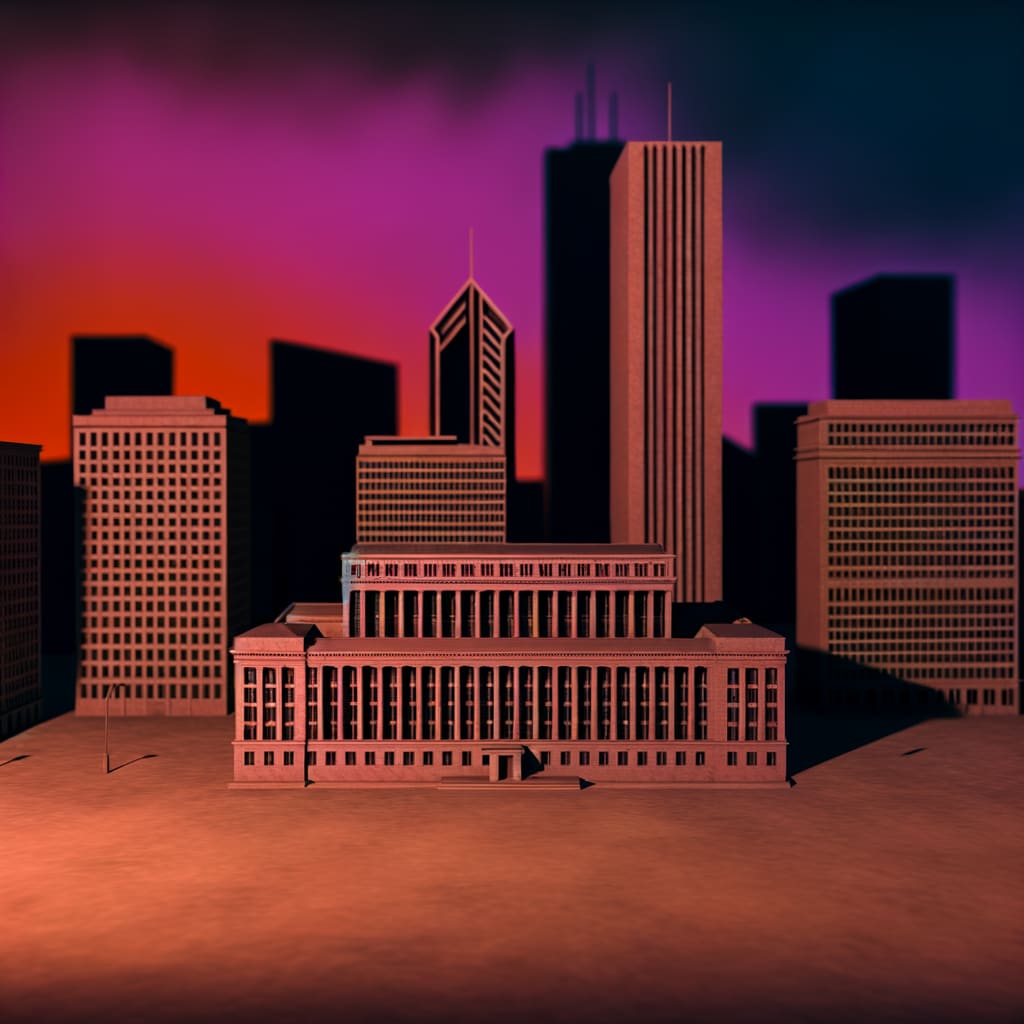Trump's Plan to Deploy National Guard in Chicago Sparks Controversy
President Donald Trump's potential plan to deploy the National Guard in Chicago to tackle crime has provoked criticism from Mayor Brandon Johnson and Illinois Governor JB Pritzker. The plan, developed by the Pentagon and reportedly involving several options including mobilizing thousands of National Guard members as early as September, has been characterized by Johnson as uncoordinated, uncalled-for and unsound
. Meanwhile, Governor Pritzker accused the President of trying to manufacture a crisis
.
Background
This controversy follows the recent federal intervention in Washington, D.C., which saw hundreds of federal agents and National Guard troops deployed to the streets as part of an initiative to reduce crime. President Trump signaled that Chicago could be the next city to see similar federal intervention, a move that has been met with resistance from city and state officials.
Key Developments
Johnson blasted President Trump over what he described as threats
to deploy the National Guard in Chicago to crack down on crime. The mayor released a statement expressing grave concerns
about the impact of any unlawful deployment
. He also pointed out that the city had not received any formal communication about additional federal law enforcement or military deployments to Chicago.
Illinois Governor Pritzker, a Democrat, echoed Johnson's sentiments, stating that there is no emergency and President Donald Trump is attempting to manufacture a crisis
. He added that the State of Illinois has received no requests or outreach from the federal government asking if they need assistance, and that they have made no requests for federal intervention.
On the other hand, former ABC senior national correspondent Terry Moran argued that President Donald Trump’s National Guard deployment and federalization of D.C. police is all for show, describing the deployment as Kabuki Theater
. He claimed that troops and officers aren’t even stationed in D.C. areas where crime is the highest.
Reactions and Implications
The White House has fired back at criticism, with spokeswoman Abigail Jackson defending the administration's stance. Meanwhile, the Pentagon's planning for potential military deployment in Chicago has been underway for weeks, according to sources familiar with the matter.
Chicago's crime rate and the proposed federal intervention to combat it have become a focal point in national discourse, with President Trump stating, Chicago's a mess. We're going to make our country very safe.
Conclusion
As plans for potential federal intervention in Chicago develop, the controversy continues to unfold. With city and state officials expressing strong opposition, and the White House defending its stance, it remains to be seen how this situation will evolve. The city, state, and federal officials continue to deliberate on the best course of action to ensure the safety of Chicago's residents.

